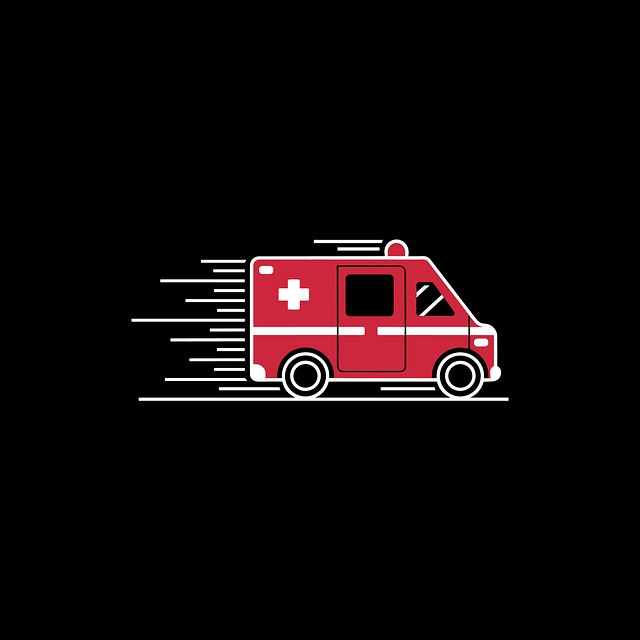When choosing healthcare as a South African freelancer or self-employed individual, understand hospital plans focus on inpatient treatments like surgeries and stays, while medical aid schemes offer broader benefits including outpatient services, specialist consultations, preventive care, and prescription costs. The best option depends on personal health needs and financial constraints; medical aid is preferable for regular check-ups and specialist care, while hospital plans are ideal for budget-conscious individuals needing primarily inpatient treatment. Assess your health profile, expected medical needs, and affordability to make an informed decision regarding which is better: hospital plan or medical aid.
In South Africa, freelancers and self-employed individuals face a crucial decision: choosing between hospital plans and medical aid. Both offer vital healthcare coverage, but they differ significantly in structure and benefits. Understanding these key differences is essential for making an informed choice that best suits your unique needs. This article explores the advantages and disadvantages of each option, guiding you to decide which is better tailored for your situation, ultimately ensuring comprehensive healthcare protection.
- Understanding Hospital Plans and Medical Aid: Key Differences
- Advantages and Disadvantages for Freelancers and Self-Employed
- Making an Informed Decision: Choosing the Right Option for You
Understanding Hospital Plans and Medical Aid: Key Differences

When considering healthcare options as a freelancer or self-employed individual in South Africa, understanding the distinctions between hospital plans and medical aid is paramount. While both provide coverage for medical expenses, they operate under different principles. Hospital plans, often more affordable, primarily cover inpatient treatment at hospitals. This includes surgeries, treatments, and stays in medical wards. In contrast, medical aid schemes tend to offer a broader spectrum of benefits, encompassing not just hospital care but also outpatient services, specialist consultations, preventive care, and even some prescription medication costs.
When deciding between these options, the question “Which is better: hospital plan or medical aid?” often arises. The answer hinges on individual needs and financial capabilities. Medical aid may suit those requiring regular check-ups, specialist care, or prescriptions, offering comprehensive coverage. Hospital plans, however, can be ideal for those primarily seeking inpatient treatment and are budget-conscious. Assessing one’s health profile, expected medical needs, and affordability is crucial in selecting the most suitable option.
Advantages and Disadvantages for Freelancers and Self-Employed

For freelancers and self-employed individuals in South Africa, choosing between a hospital plan or medical aid is a significant decision. Both options offer essential health coverage, but they have distinct advantages and disadvantages. On one hand, medical aid provides comprehensive care with a wide network of healthcare providers and often includes prescription drug benefits, dental cover, and other wellness services. It’s particularly attractive for those who require regular medical attention or have chronic conditions.
However, medical aid schemes can be expensive, with high monthly contributions and out-of-pocket expenses during treatment. Additionally, the approval process for claims can sometimes be lengthy and bureaucratic. In contrast, hospital plans generally offer simpler, more straightforward coverage focused on inpatient care. They tend to have lower premiums and faster claim settlements, making them a cost-effective choice for those prioritizing emergency healthcare needs. Yet, hospital plans may not cover all medical expenses, including specialist visits or certain procedures, leaving individuals responsible for these costs out of pocket.
Making an Informed Decision: Choosing the Right Option for You

Making an informed decision between a hospital plan and medical aid is crucial for freelancers and self-employed individuals in South Africa, as it directly impacts their healthcare accessibility and financial stability. Both options offer protection against medical expenses, but they differ significantly in structure and benefits. Understanding these differences is key to choosing the right option.
Hospital plans typically provide coverage for inpatient care, including hospital stays and related procedures. They often exclude outpatient services, meaning routine check-ups or specialist consultations may not be covered. In contrast, medical aid schemes usually encompass a broader range of healthcare services, encompassing both inpatient and outpatient care, as well as preventative treatments. When comparing which is better between hospital plans and medical aid, consider your specific health needs, frequency of medical visits, and budget to make an educated choice that aligns with your unique circumstances.
When deciding between a hospital plan and medical aid as a freelancer or self-employed individual in South Africa, understanding your specific needs is key. Both options offer valuable coverage, but they cater to different scenarios. Medical aid provides a comprehensive package with various service providers, ideal for long-term healthcare needs. On the other hand, hospital plans excel in offering rapid access to quality care, particularly for unexpected admissions. After weighing the advantages and disadvantages, the right choice depends on your lifestyle, budget, and risk tolerance. Opting for one that aligns with your unique circumstances will ensure you’re prepared for any health-related challenges, allowing you to focus on what matters most – your work and well-being.

